Today, we had the pleasure of meeting Domingo Canay, who showed us around one of the Dominican Republic’s numerous sugar cane plantations. Domingo, also humorously known as Dictadura, told us about the labor required to produce the sugar that we often take for granted.
The people who take care of the plantations live in communities called Bateys. They often include Haitian immigrants, who, due to the country’s discriminatory legislature, have trouble obtaining alternate jobs. The workers get paid 260 pesos (around $4.40) per tonne of sugar cane collected and delivered to either of the two central sugar cane production companies. The average amount of sugar cane collected per day is around 14 tonnes, so the workers would get around 61 dollars per day for their hard work, mostly lasting for well over 8 hours in the hot sun. Not only that, but Domingo also told us that the plantation owners often lie about the weight of the sugar cane they have collected to pay the workers less.
After hearing about the inequalities present in the daily life of batey workers, Domingo lightened the mood by letting us try some of the raw sugar cane that is currently maturing in their fields. Some said it tasted like corn, others – like coconut, but, either way, we were all very grateful for the sweet treat and Domingo’s willingness to share his story and the stories of the workers with us!
In the afternoon, we hopped on the bus and departed for the villa in Juan Dolio to spend the night! All of us have been long looking forward to this trip for two reasons: the pool and AC. We spent an amazing 3 hours splashing around in the pool and exploring the villa’s territory, making it an amazing conclusion to our day. So many of us were excited about the hot water in the showers, the locks on bathroom doors (privacy is precious!), and the cool rooms (we might actually need to sleep with blankets tonight!).
We also had time to reflect on what we learned today, and how accumulated wealth contributes to social inequality in Dominican communities. Since today was immigration day, we focused a lot on the lives of Haitian immigrants in this country. The place we had been staying at, Ascala, is a non-profit organization that focuses on helping Haitian immigrants receive Dominican citizenship after a law was passed in 2010 revoking citizenship from hundreds of thousands of Haitians. We reflected on the unjust nature of this legislature and discussed how immigration and poverty differ in the Dominican Republic as compared to the United States.
This experience has heightened our awareness of the hardships that immigrants go through due to lack of legal support, resources, employment, and even difficulties with language. Thus, we hope to bring back this knowledge and extend that awareness to our own communities within the United States.
Tomorrow awaits another exciting adventure – the beach – before we begin our Community Action Project!
See you at the beach!
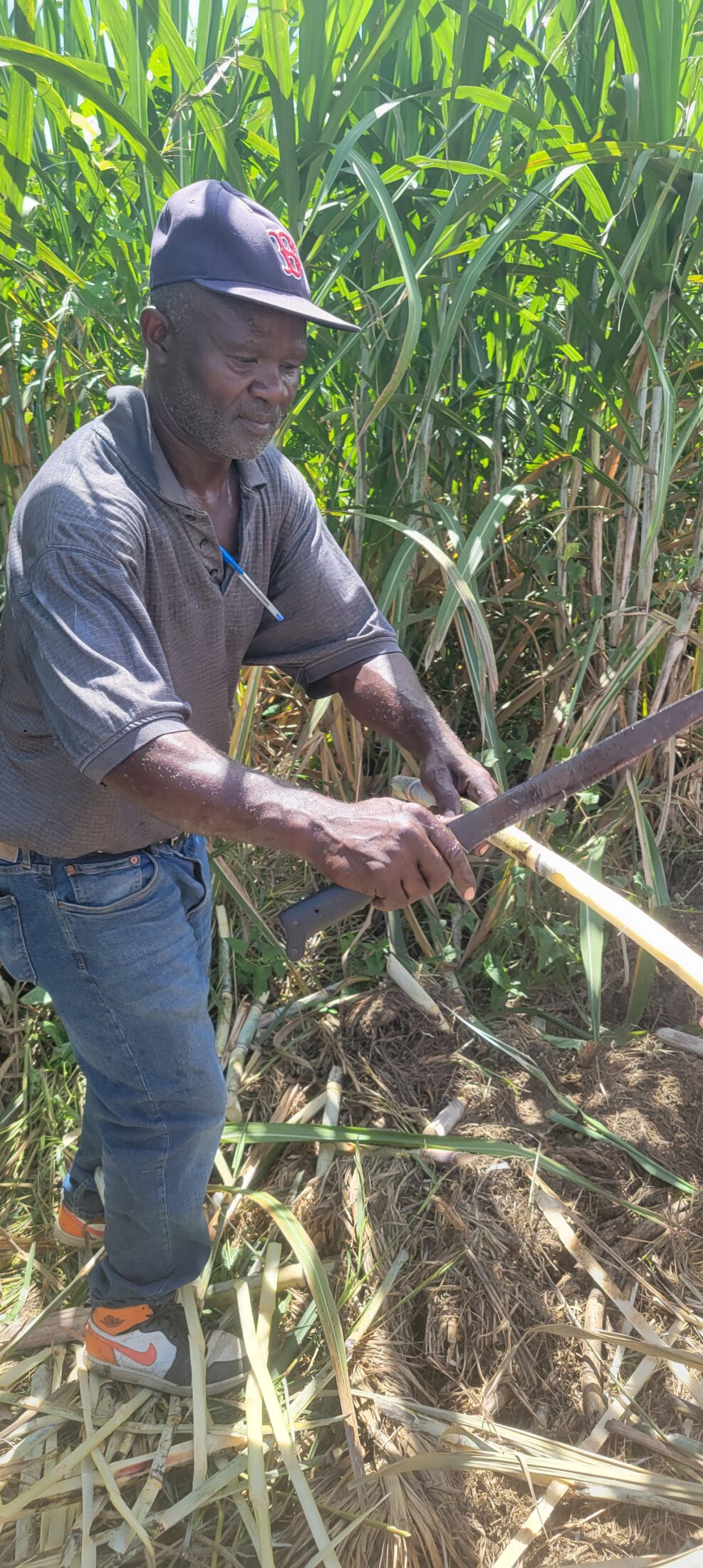
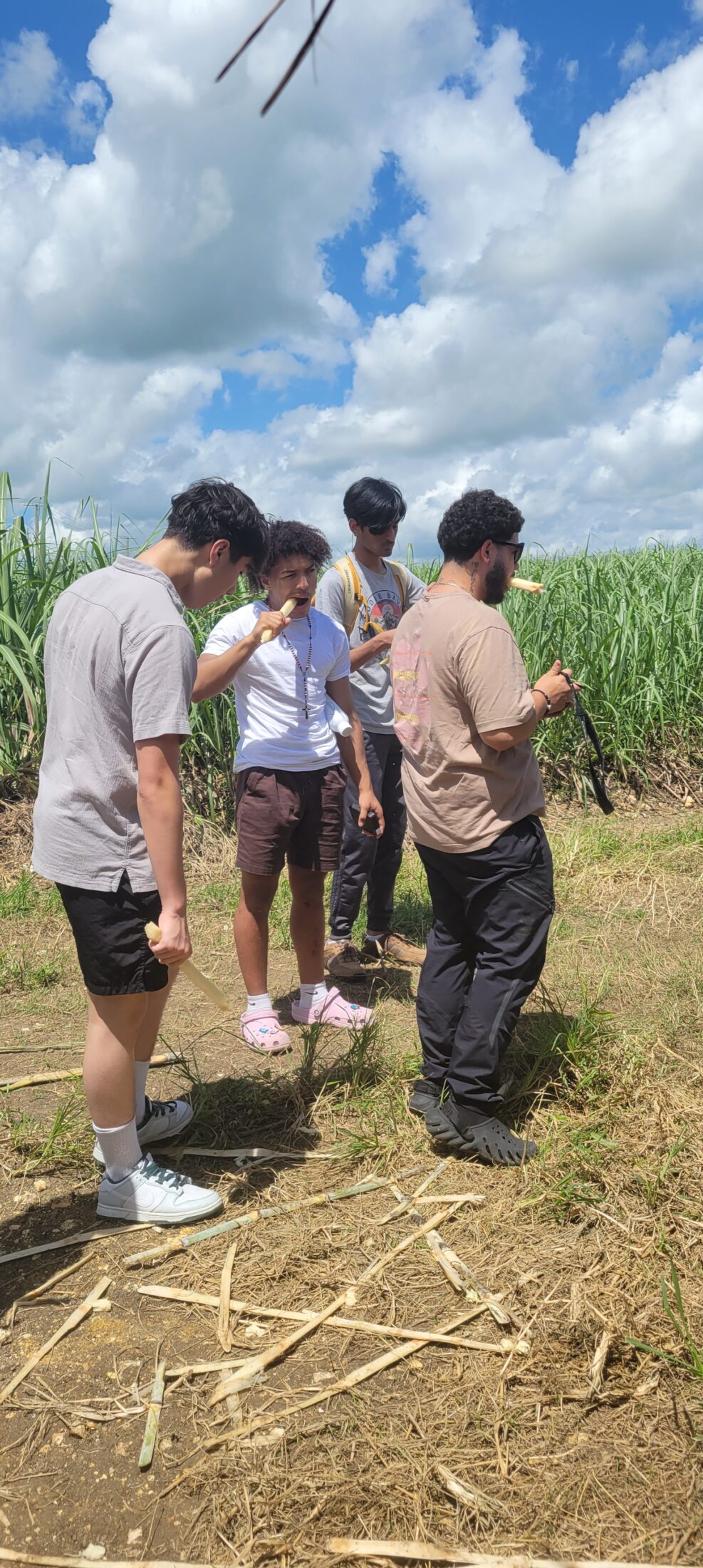
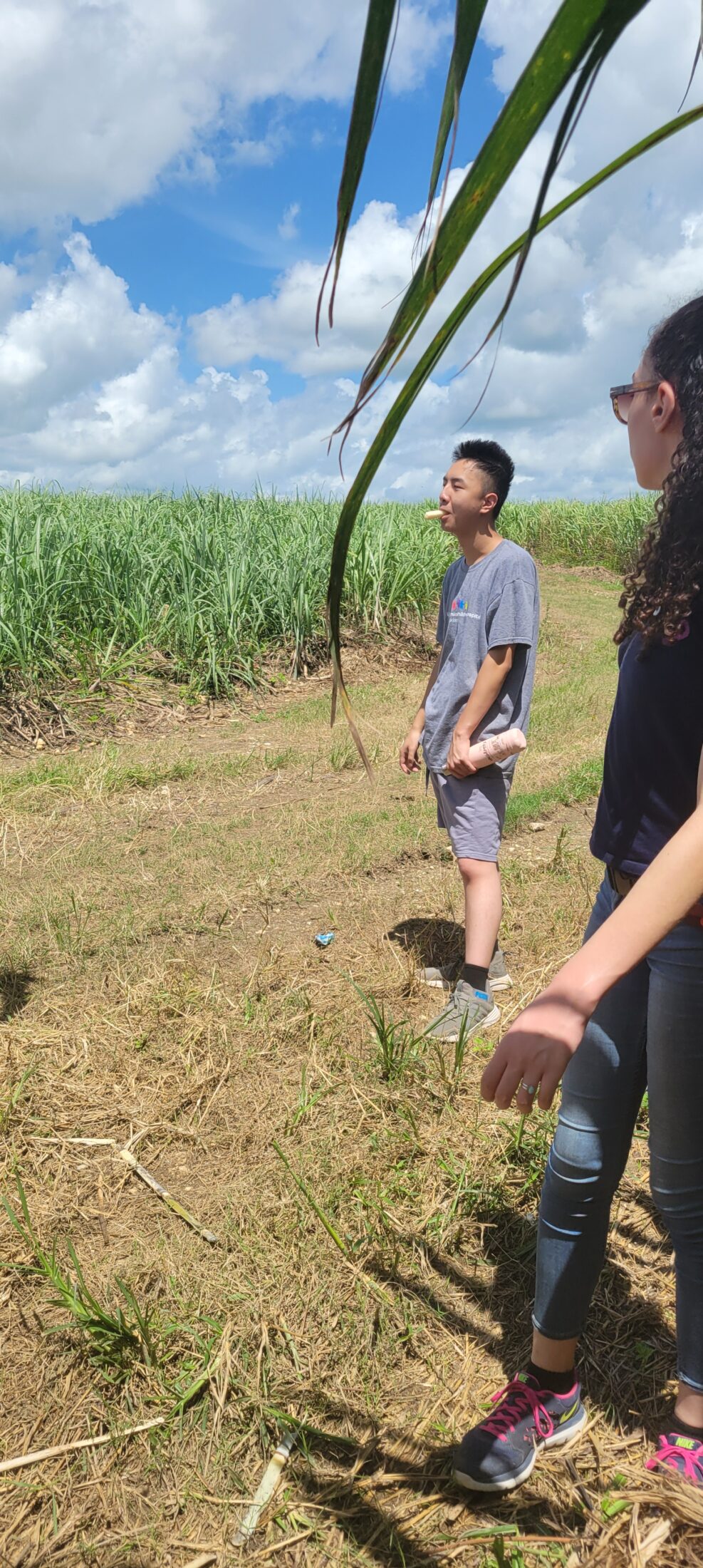
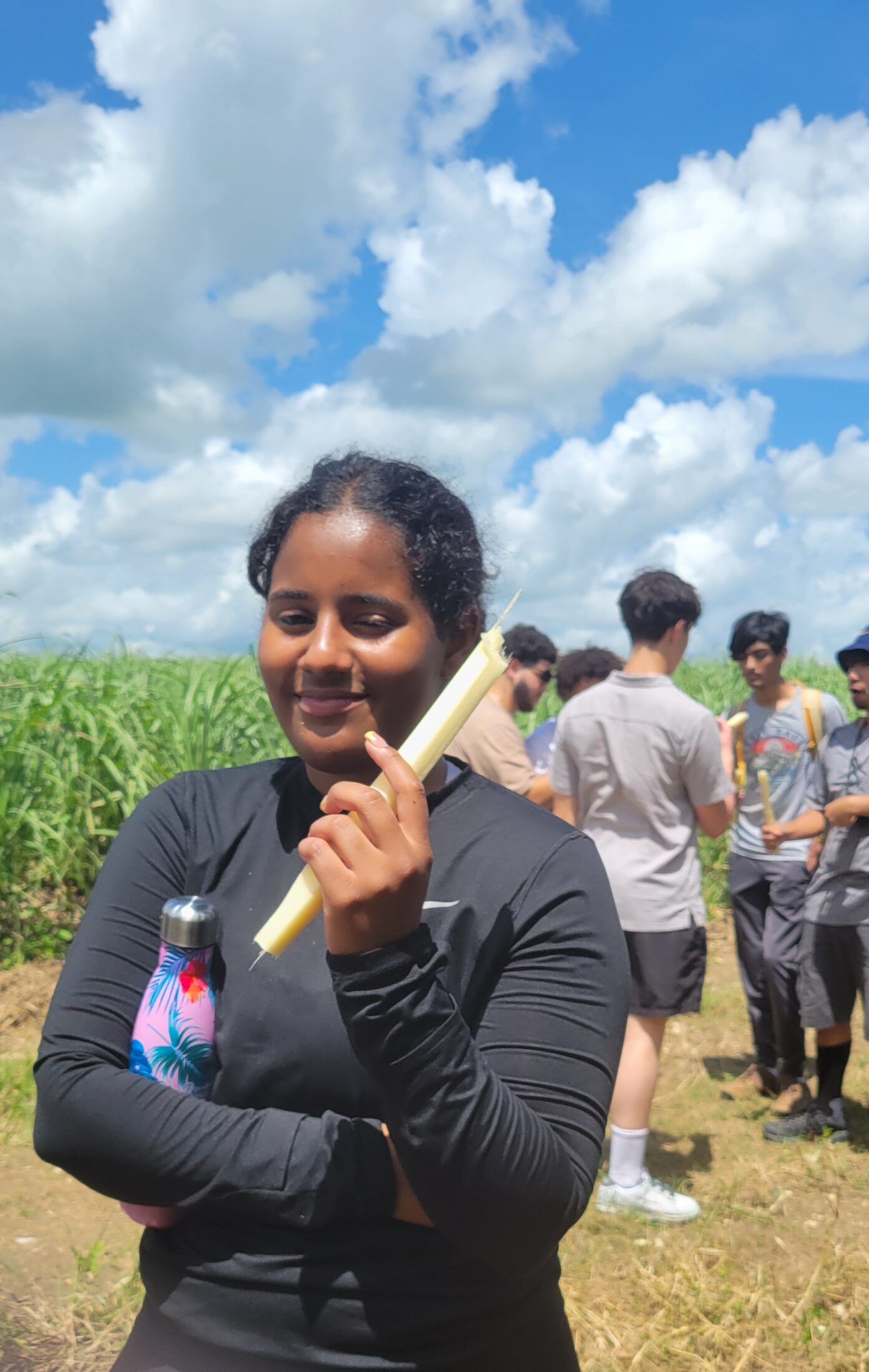
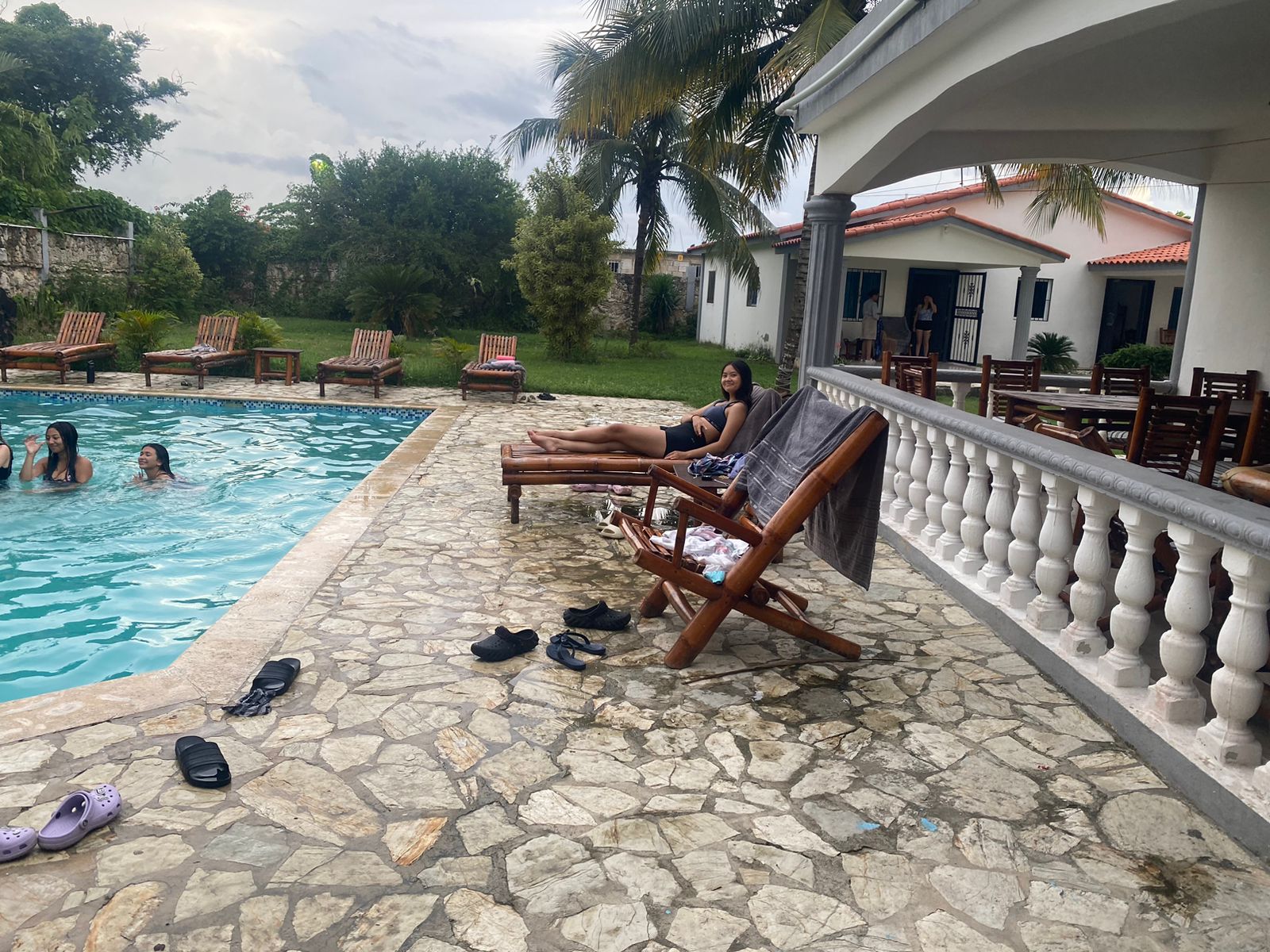
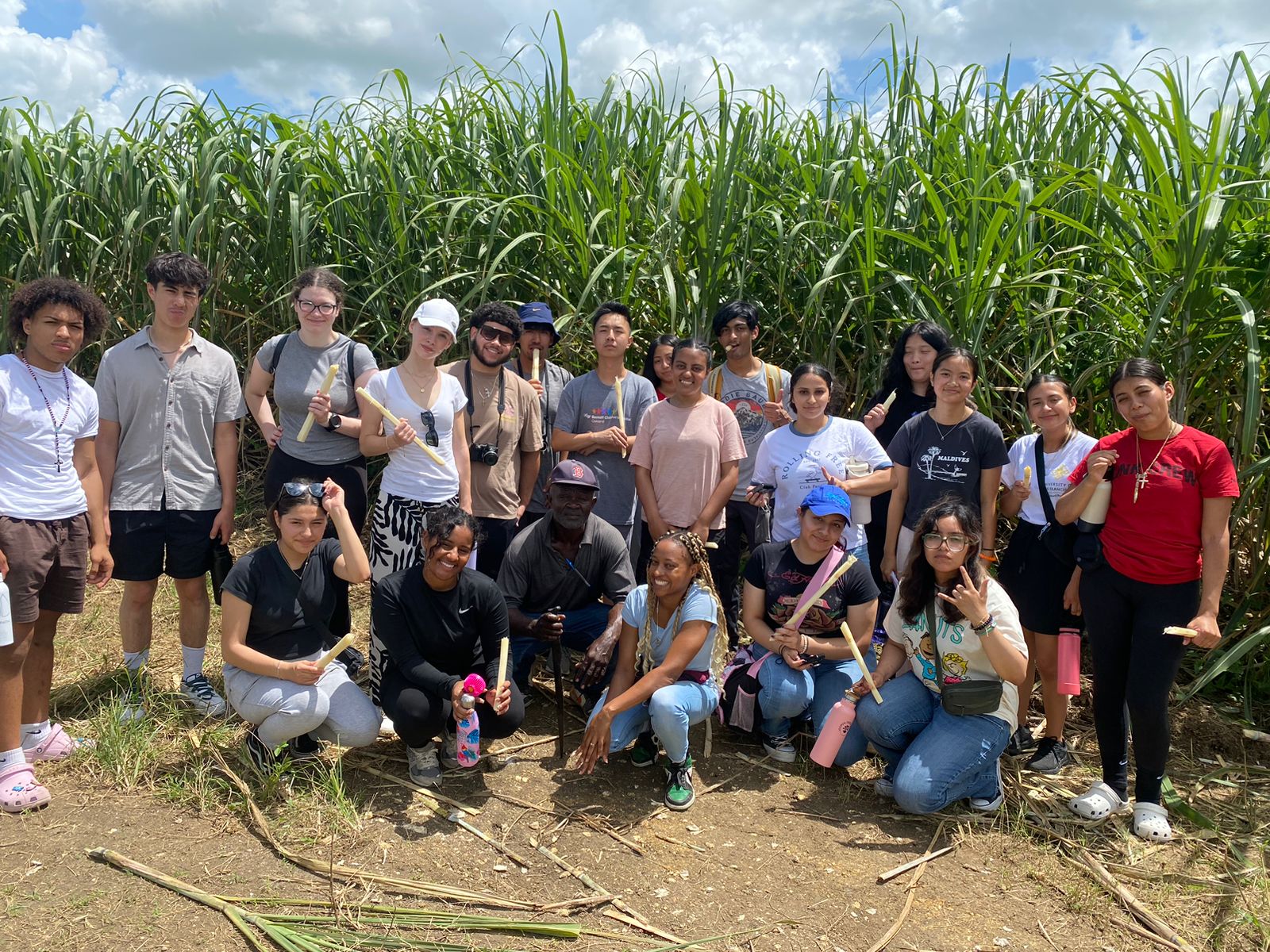
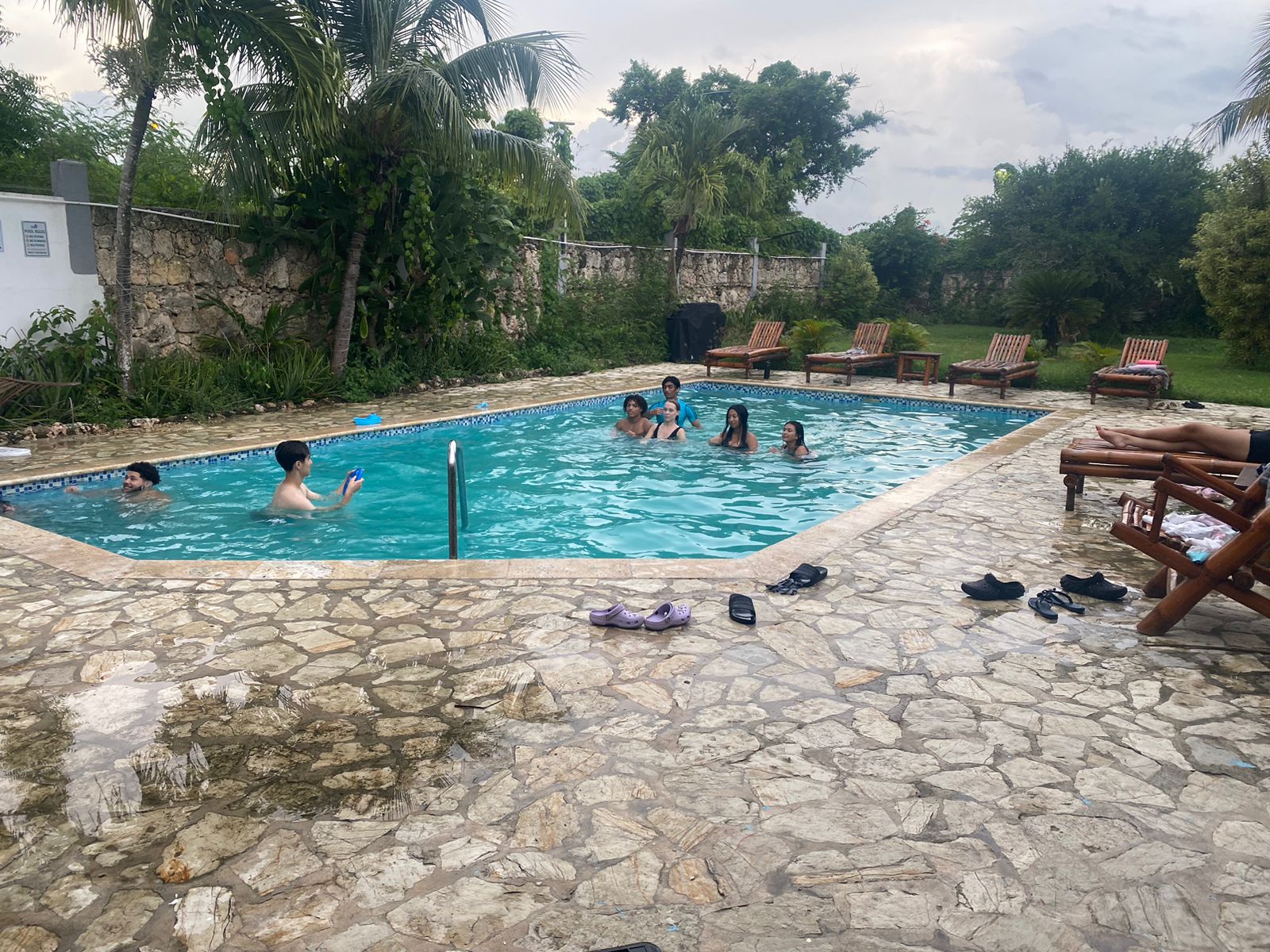
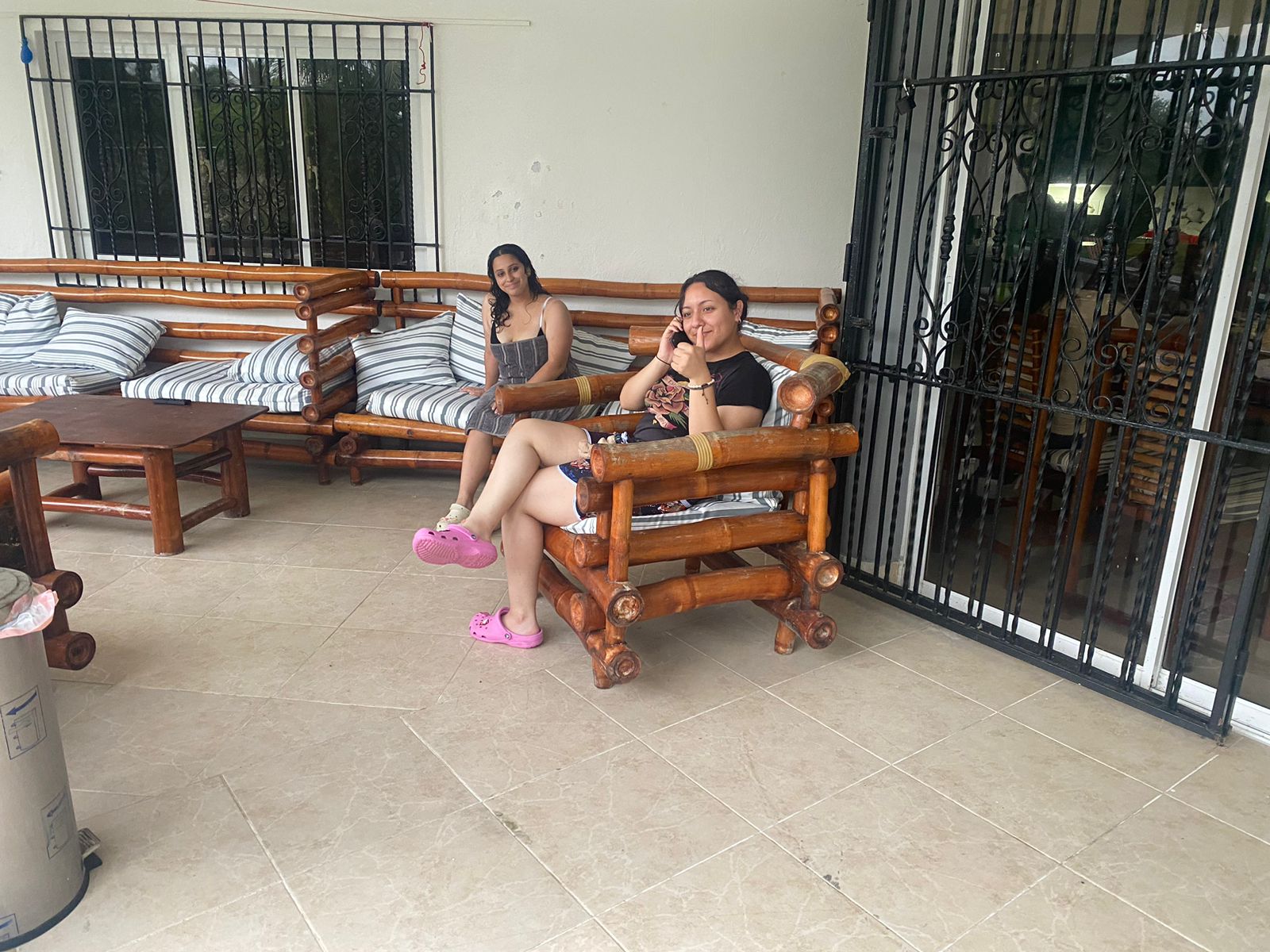
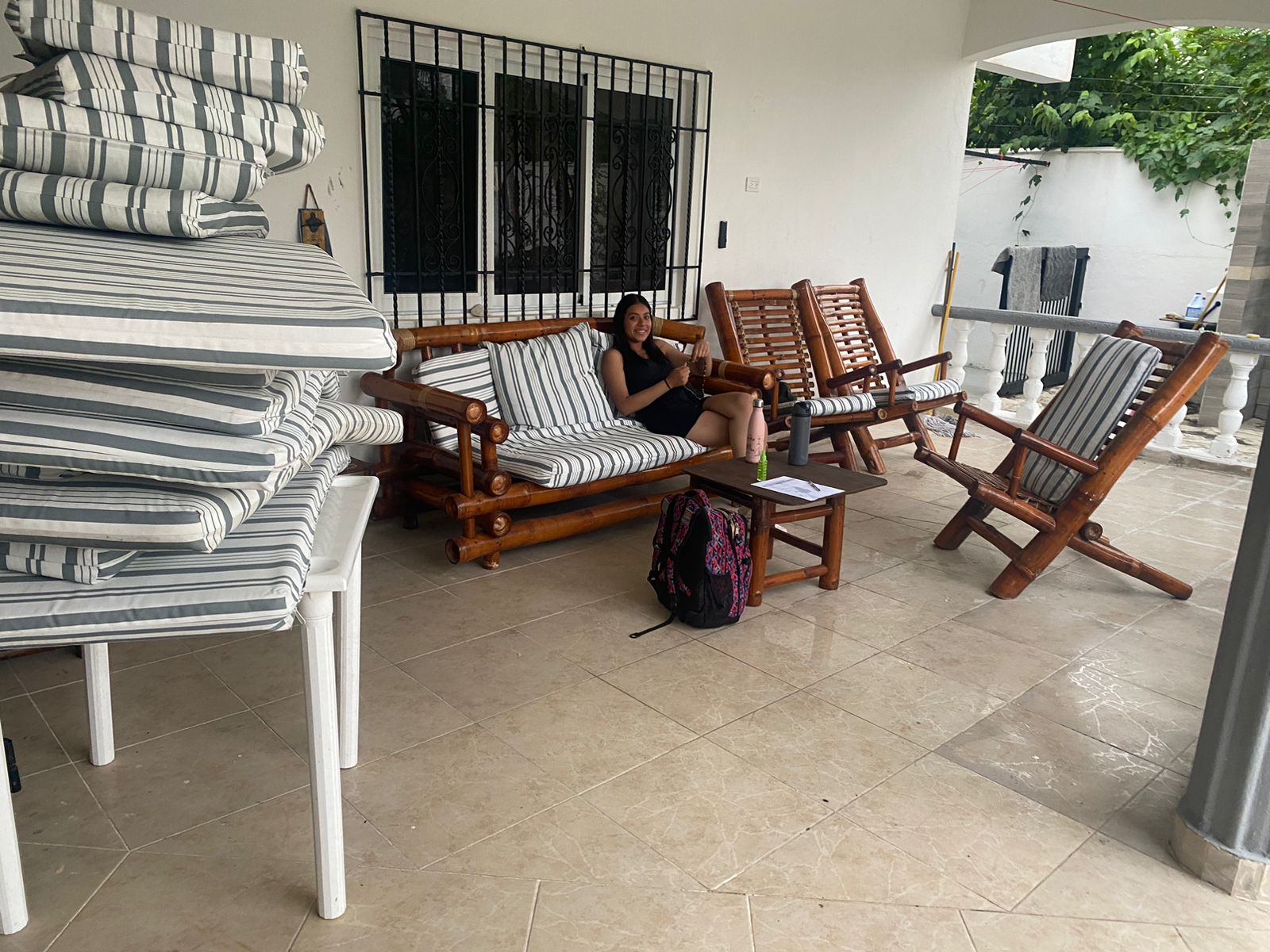
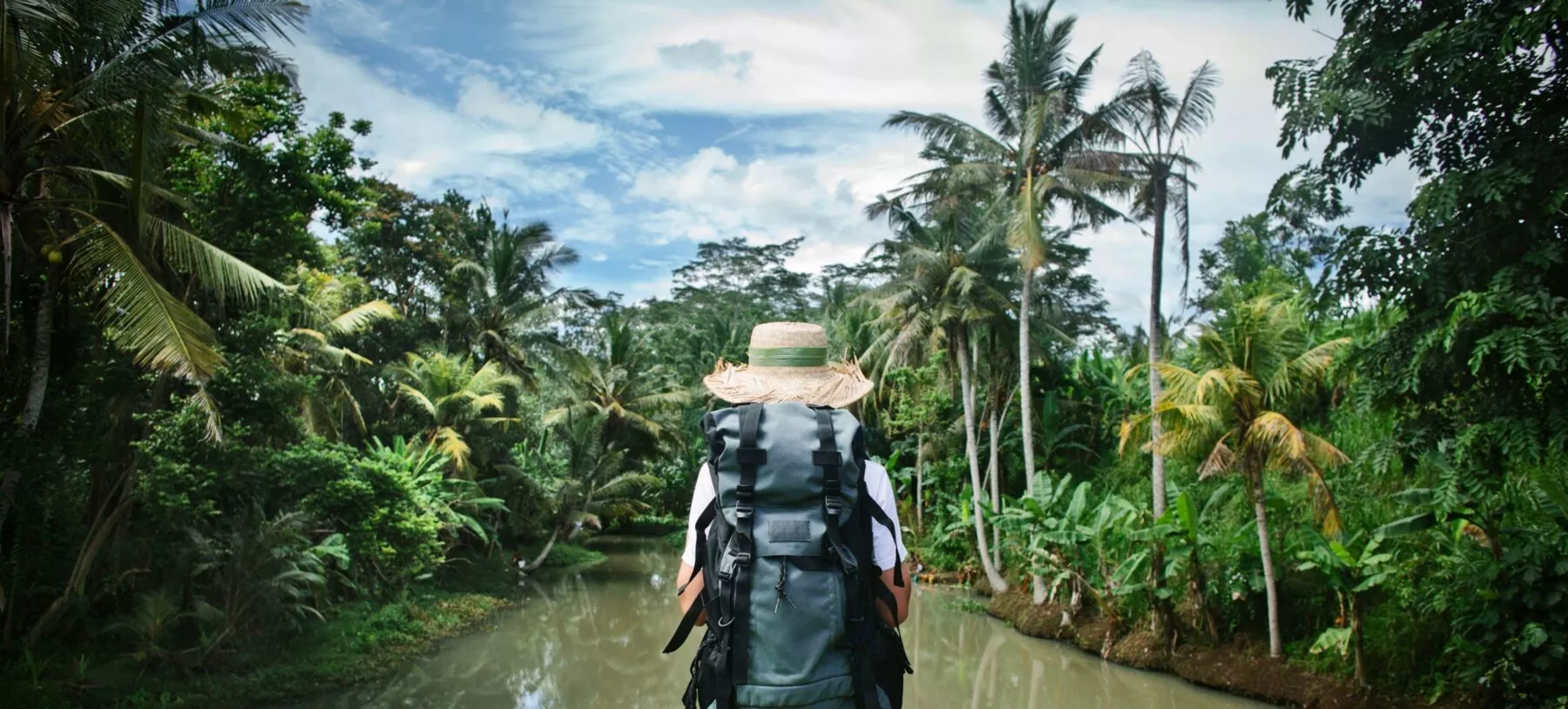
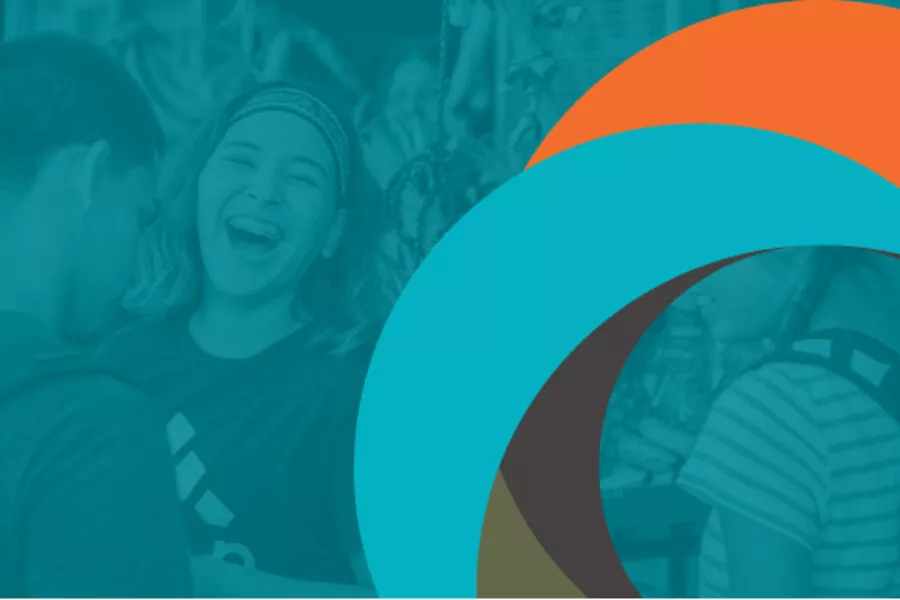
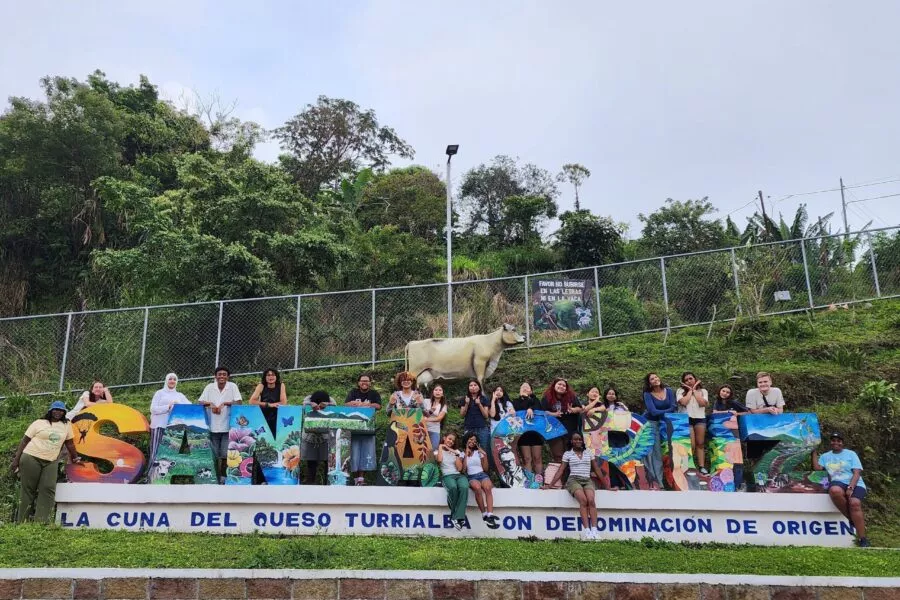
Comments (9)
Zoe
LDD JUNIPER ‼️‼️‼️ So many fascinating facts you shared! Corn tasting sugar must have been strange! The pool seems well deserved- AC after a day like that must have been incredible. It is so important learning about different cultures. Have fun at the beach tomorrow!! Also i loved having more photos!
Miela
This is so cool and Informative!! I think that sugar cane tastes like coconut.
I hope ur having fun! I miss you <3
isabelle (sauce)
hey juni!!!! mmm sugar cane ? glad to hear that you’re learning a lot, plus the pool sounds super fun. and yeah you’re right, we shouldn’t take our sugar for granted otherwise KARMA will get us ? those plantation owners are still shady huh #apush, props to the workers tho. anyways, can’t wait to hear what you got next!
Leila
Thank you for this incredible (and heartbreaking) report, Juniper and Anna. You’ve given us a very important perspective on the larger situation. Please enjoy those showers and a/c!
gavin
Juniper & Anna – thank you for the very interesting posting.
This trip sounds incredible, giving exposure to all about how “our” experience where we live is not common, so powerful to be reminded of this.
Loved all the photos, and so glad you got lots of splashing time!
Ashley
Yummy sugar cane that’s so awesome looks like you’re having a lot of fun and got a chance to swim! Happy to see you’re having lots of fun love you can’t wait to see you
viola
hiiii juniper!
I hope you’re having fun. It sounds like your learning a lot, reminds me of apush. education 24/7. i’m happy you can stay in some nice sweet ac! A beach day sounds fun, won’t be able to hawaii beach tho, ?. miss youu.
Mariela Maldonado
I’m so proud
Of you baby. I always spoke to you about the unfairness in this world and how often we take so many things for granted. This trip will be an eye opener to all of to be grateful and
Help others. I love you & miss
You.
Bujji
We are so happy to see you all enjoy as well as learn so much during this trip. We also get to learn so much through the blogs. Keep up the good work and enjoy your trip!